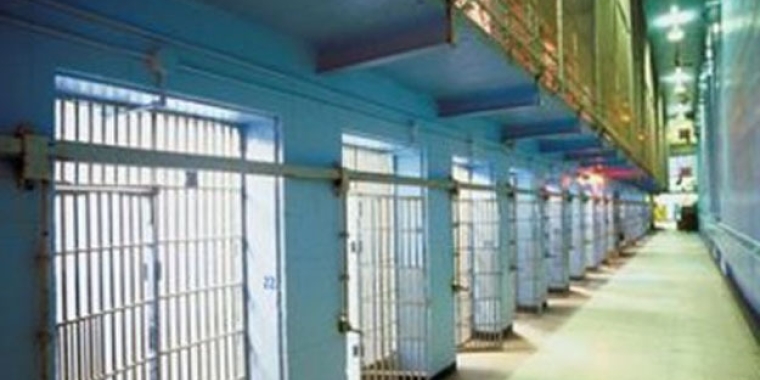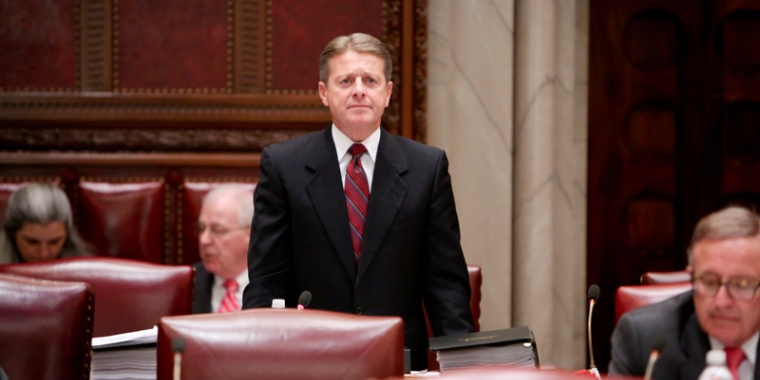
Budget Proposal Includes Criminal Justice Reform, But Not All Ideas Make Sense
Patrick Gallivan
March 1, 2018
-
ISSUE:
- Criminal Justice Refom

As part of budget negotiations, my Senate colleagues and I meet with commissioners and other people in charge of various state agencies. These hearings allow us question department heads about how taxpayer dollars are spent. They also provide an opportunity to learn about new programs and policy changes within the agency.
During a recent meeting with the acting commissioner of the New York State Department of Corrections and Community Supervision (DOCCS), we learned that his agency has contracted with a private company, which will provide computer tablets to inmates in state prisons. While the Commissioner Anthony Annucci assures us that no taxpayer dollars are being used to provide the devices, the decision raises a number of questions. How will the tablets be used? What type of material will inmates be allowed to access? How will DOCCS ensure the devices are not used as a potential weapon? Why does DOCCS believe this program is a good idea?
If taxpayer funds are not being used for this program, DOCCS has the authority to enter into this agreement without Legislature approval. However, we will continue to raise necessary questions regarding this program. Public safety is paramount, both inside and outside state prisons, and for those who live and work in these facilities.
The governor’s budget includes several other proposals, which would reform our criminal justice system. These too raise many questions.
One proposal would eliminate monetary bail for people facing misdemeanor and non-violent felony charges. Instead, people would be released either on their own recognizance or with non-monetary conditions imposed by the court. I am opposed to the proposal because it simply is not necessary. Our current law gives judges authority to release individuals on their own recognizance when they deem it appropriate.
Another proposed change would expand the discovery process, requiring prosecutors and the defense to share information before a trial takes place. This would include disclosure of evidence, exhibits and other information, such as the early identification of witnesses. This raises serious concerns about the potential for witness intimidation, which may discourage witnesses from coming forward to testify. Too many crimes, including homicides, already go unsolved because people are afraid to come forward with information. This change will only make the problem worse.
A third proposal under consideration would guarantee that criminal cases proceed to trial without undue delay, so-called speedy trial. Again, the proposal appears to be unnecessary. Current law provides for judges to ensure that trials proceed in a timely manner.
As the budget process moves forward, debate on these and other issues will continue as the Legislature works to adopt a spending plan, and in some cases policy, that is best for all New Yorkers.
Share this Article or Press Release
Newsroom
Go to NewsroomSenator Gallivan Honors National FFA Organization
March 11, 2024



